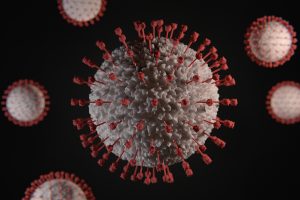May 14. When the World Health Organization formally declared an end to the COVID-19 pandemic’s designation as a Public Health Emergency of International Concern (PHEIC), it may seem to have hadlittle, if any, perceivable impact on the daily lives of most people.
However, it would be a mistake to assume that this is a mere formality.
A PHEIC, like the one adopted for COVID-19 on Jan. 30, 2020, is declared if a public health event is determined to constitute:
- An extraordinary event;
- A public health risk to other states through the international spread, and
- Potentially requiring a co-ordinated international response.
Under the International Health Regulations (IHR) — a legally-binding agreement which commits governments to certain actions when responding to the international spread of disease — the declaration of a PHEIC permits the WHO to issue temporary recommendations to national governments to support a co-ordinated and effective global response to such events.
A PHEIC means the WHO is sounding the loudest possible alarm to national governments to act together with urgency. A total of seven PHEICS have been declared since the IHR took effect in 2007: H1N1, Ebola, Polio, a second Ebola outbreak, Zika, COVID-19 and Mpox.
However, the heightened state of emergency under a PHEIC is not meant to be sustained indefinitely. The recommendations are temporary and require review every three months.
Source: The Conversation












